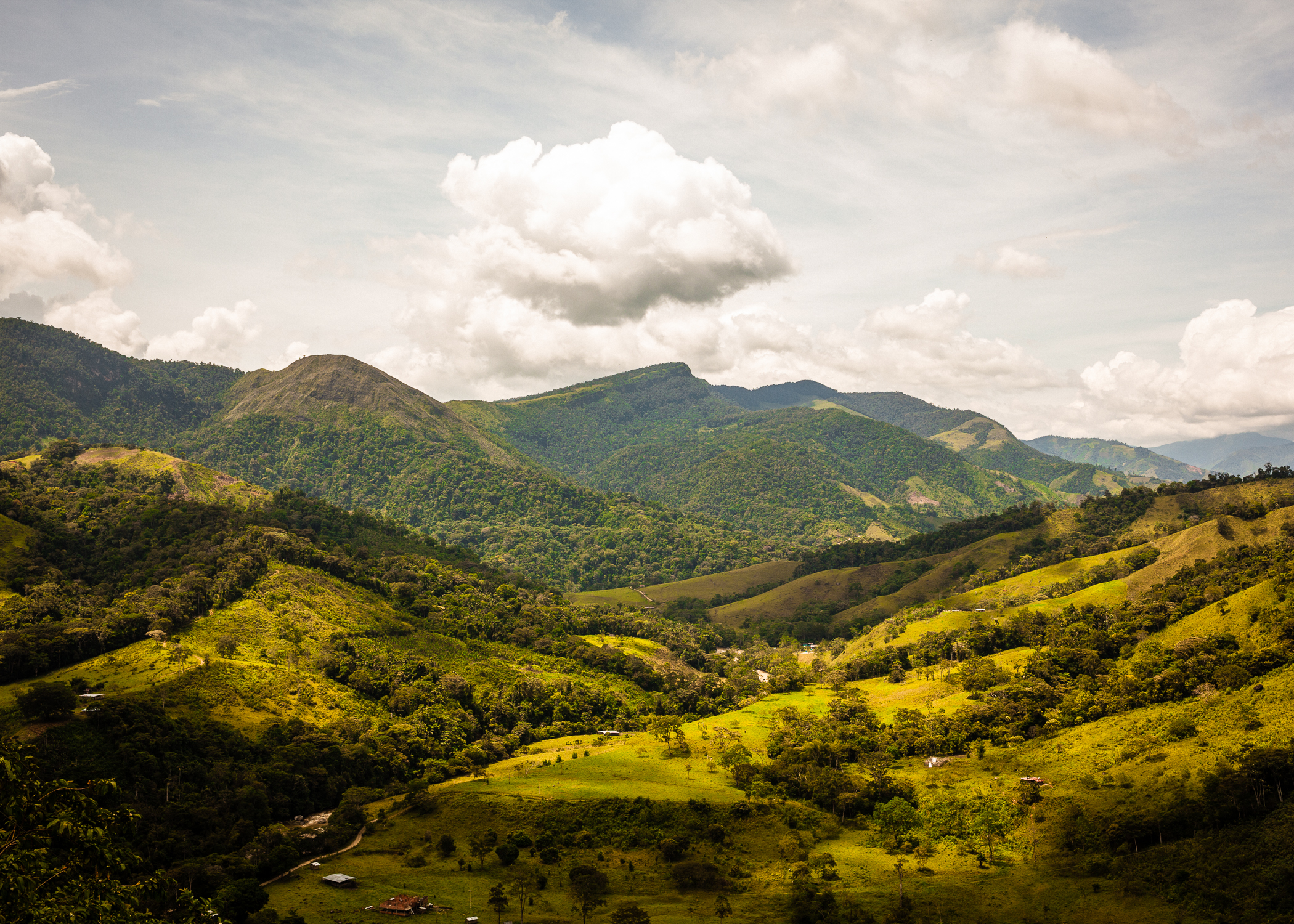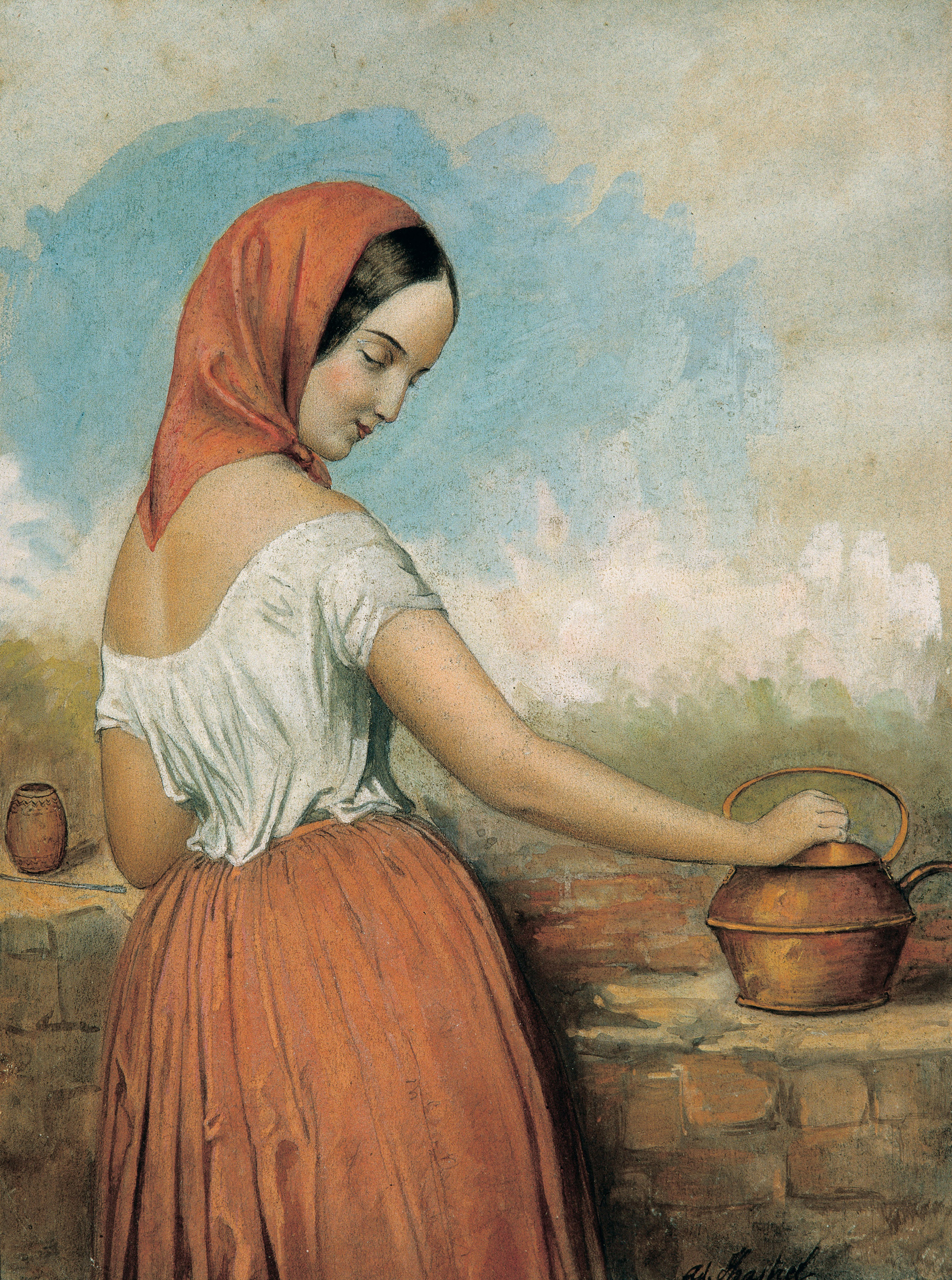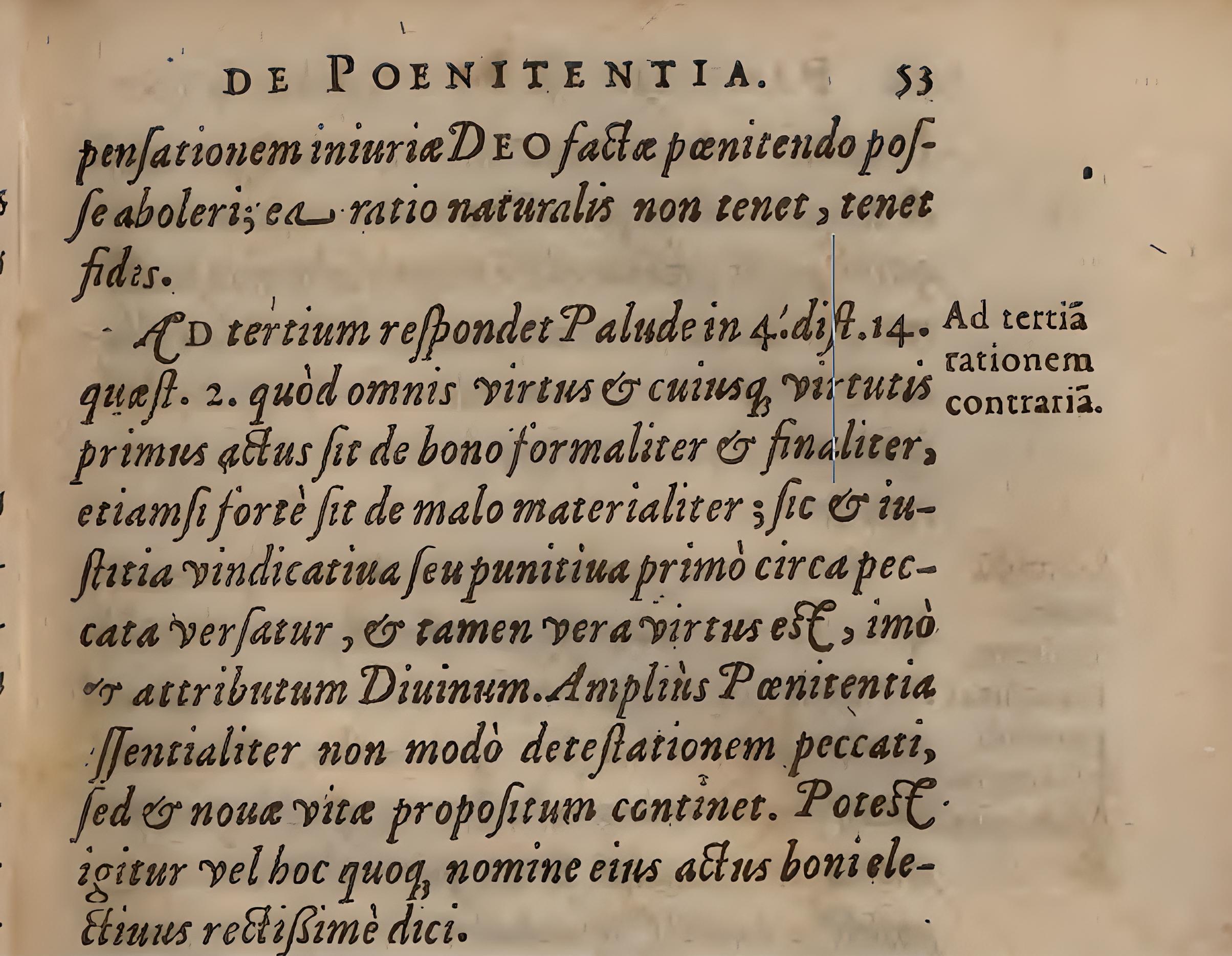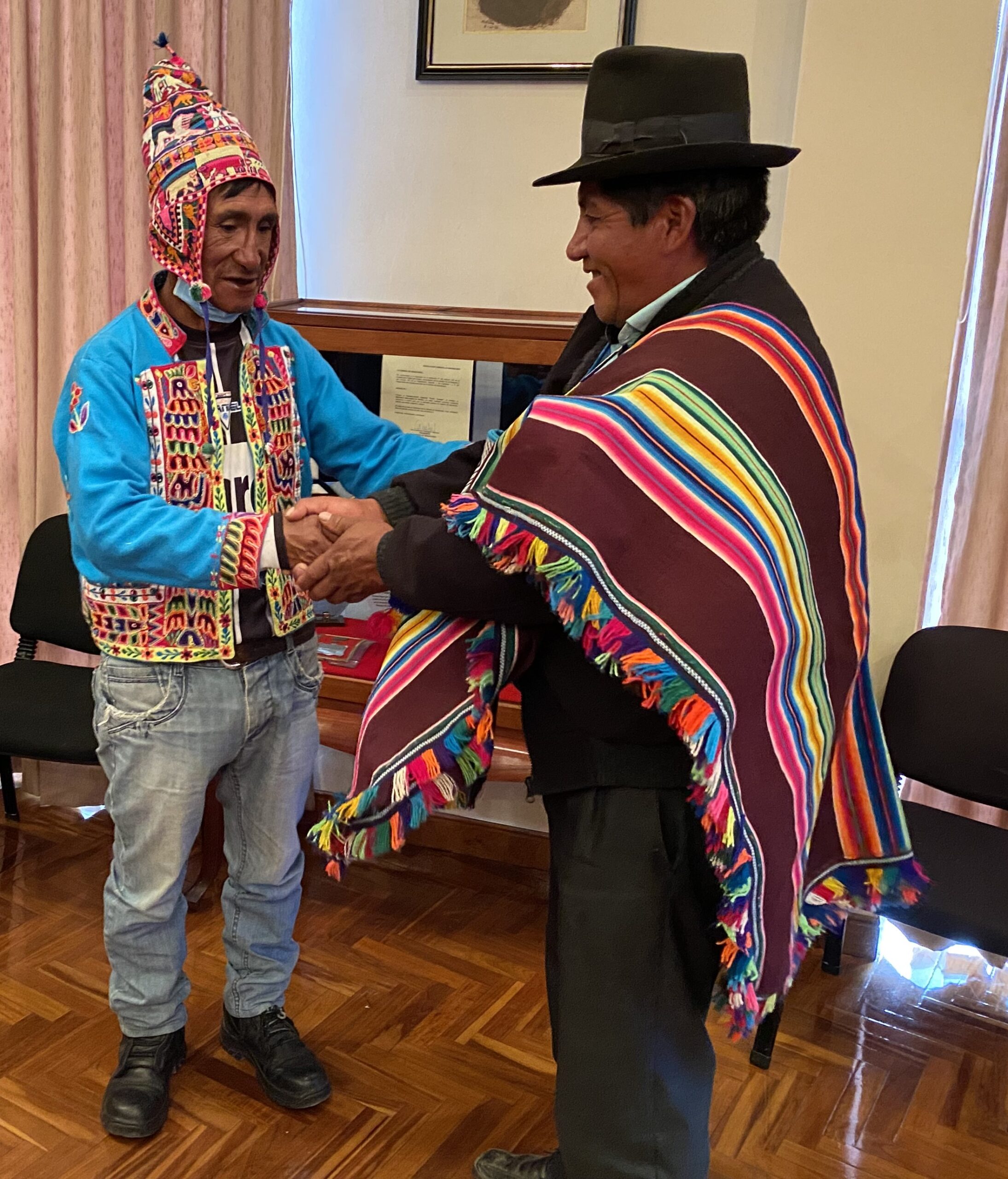From the department of Historical Regimes of Normativity at the Max Planck Institute for Legal History and Legal Theory

Las narrativas de las comunidades indígenas recuperan sus territorios sagrados
En Colombia, las narrativas de las comunidades indígenas emergen como elementos cruciales en los procesos judiciales, siendo un ejemplo de simetría entre diferentes formas de conocimiento. Estos sistemas de creencias ejercen una influencia significativa en su percepción de la tierra y en su esfuerzo por la restitución de sus territorios sagrados. Se destaca la contribución del gobierno actual para saldar deudas históricas, mediante el cumplimiento de normativas como la Ley 1500.

Tracking colonial women in the Latin-American archives: challenges, lawsuits, and flavors
Why are people so sure that women are not in the archives?
This question serves as a starting point for a reflection on archival institutions and the challenges of uncovering women’s traces and voices within their collections. Drawing from my experience, the archival research provided me different flavors and at least one undeniable truth: women are always present in the sources, even in periods when efforts were made to silence them.

El «enigma de Ingolstadt»: la historia de un cartapacio
En el curso 1547-1548 Melchor Cano pronunció dos relecciones teológicas ante el claustro de la universidad de Salamanca. Dos años más tarde las llevó personalmente a la imprenta salmantina de Portonariis. La historia de un cartapacio encontrado en Ingolstadt da un viraje a la edición crítica del texto.

“Nos entrevistaban, pero otros escribían”. ¿Historias plurinacionales para un estado plurinacional?
Si tomamos en serio el “pluralismo jurídico”, la historia del derecho debe también debe estar compuesta de muchas historias del derecho. En el Estado plurinacional de Bolivia, los pueblos indígenas están poniendo esto en práctica y escriben sus propias historias del derecho. Reporte de una conferencia celebrada en Sucre en septiembre de 2023.
About Us
Legal History Insights is a blog about legal history, created by the researchers, guests and affiliated researchers of the department of Historical Regimes of Normativity at the Max Planck Institute for Legal History and Legal Theory.

 This work is licensed under a
This work is licensed under a 